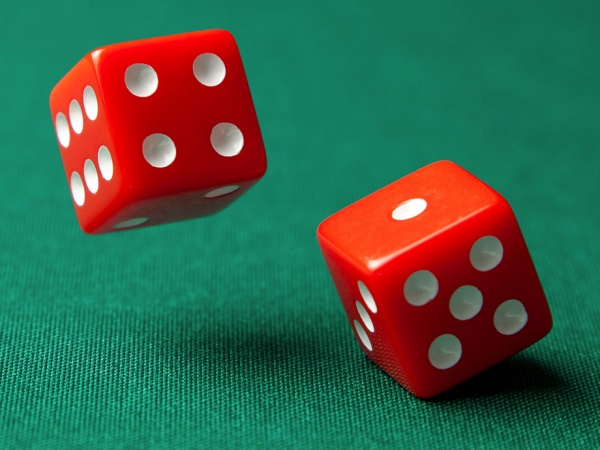Your life is worth $10 million.
Reading that statement, you may have one of the following reactions:
Wow, I am seriously undervalued.
Does that include the black-market price of both kidneys?
Is that how much the hitman wants?
Just give me five minutes to develop a scam involving life insurance.
What the hell are you talking about?
I will now address the last of those statements.
What I am talking about is the fact that “when evaluating the impact of government policies that affect public health, analysts place a statistical value of about $10 million on each human life as a way of measuring the appropriate amount of risk a policy may cause or mitigate.”
That’s right — when it comes to implementing new policies or jettisoning old procedures, we crunch the numbers and assign a cash value to each life.
Makes you feel valuable, doesn’t it?
Keep in mind, however, that our old assumptions about the value of human life are changing in this hellish new era. Local governments are fretting about economic damage and the possibility of armed lunatics storming their capitals, and they are responding by ending lockdowns even though “in every instance, looser restrictions improve the performance of the economy but also lead to more deaths.”
This means that the value of a life varies from state to state. For example, one analysis found that “relaxing business closures and stay-at-home rules could cost 13,000 lives in Texas and 12,000 lives in Georgia by September 1, [but] it will also preserve $3.4 billion in statewide income in Texas, and $1.7 billion in Georgia.”
Extrapolating those numbers to “determine the income gained per death when comparing moderate and strict measures” means that your life in Texas is worth $254,000. But your life in Georgia is worth just $247,000.
Talk about a loss in value.
The study estimates 116,000 American deaths by the end of June “if tough restrictions remain in place —but 353,000 deaths if those restrictions are partially lifted.” The researchers add that “if fully lifted, with no further restrictions, deaths would spike to 895,000,” before helpfully adding that “that would save jobs, though.”
Now, when we refer to hundreds of thousands of dead Americans, we most certainly are not talking about you. We are talking about someone else — anyone else — and never you or someone you know. It’s always someone else, probably someone poor with darker skin.
Indeed, most of the people who advocate for reopening the economy don’t seriously believe that they or their loved ones will be infected. Oh, they might say they’re willing to die for the economy, but come on. Who would want their epitaph to be, “He heroically died for a microscopic uptick in GDP”?
On some level, perhaps even subconsciously, most of these people believe that they are magically immune to the virus, or that it won’t kill them because they pray to the correct god, or because they are tough Americans, or because they can buy their way to safety (ok, that last one might be true).
In any case, it’s always a numbers game. For example, consider this hypothetical scenario:
“There is contagious disease that will kill 99 Americans if we do not shut down the country.”
It is doubtful, of course, that we would go into full lockdown if fewer than a hundred people were at risk of dying.
But let’s change a key detail:
“There is contagious disease that will kill 99 million Americans if we do not shut down the country.”
I’m pretty sure most of us would say, “Bolt the doors now,” if one-third of Americans could potentially be killed. Hey, even most of the gun-toting, freedom-lovin’ protesters would suddenly abandon their “principled” arguments if they and their families were in an epicenter.
So that’s the problem. Somewhere between 99 and 99 million is our problem.
There are those who argue, of course, that we should never take economic concerns into consideration when we talk about human life.
But we do this all the time, usually in a subtle, easily acceptable manner. We give cash awards in civil trials for wrongful deaths. We value interstate commerce so much that we built a freeway system that kills thousands of Americans each year. And then there is that aforementioned $10 million number (or $247,000 in Georgia).
Yes, we routinely roll the dice with death.

Of course, it’s a lot more fun to gauge the odds of non-lethal matters. For example, the odds of Joe Biden being elected president are pretty good, as of this writing. But they should be even better, considering that he is running against the only president in history to be both impeached and run the country into an economic meltdown. Plus, this president thinks swallowing bleach is a good idea.
Seriously, how is this even close?
But ultimately, we return to the question of our very existence. What are our odds of making it out of this Covid-19 mess alive?
Well, perhaps we can listen to our old friend Chris Hedges, widely regarded as a brilliant writer, insightful thinker, and possibly the most pessimistic man alive.
Hedges recently discussed our terrifying new era, and he encapsulated his thoughts with the following sentence:
“These days are the good times, as compared to what is coming next.”
Well, I feel better now. Don’t you?




